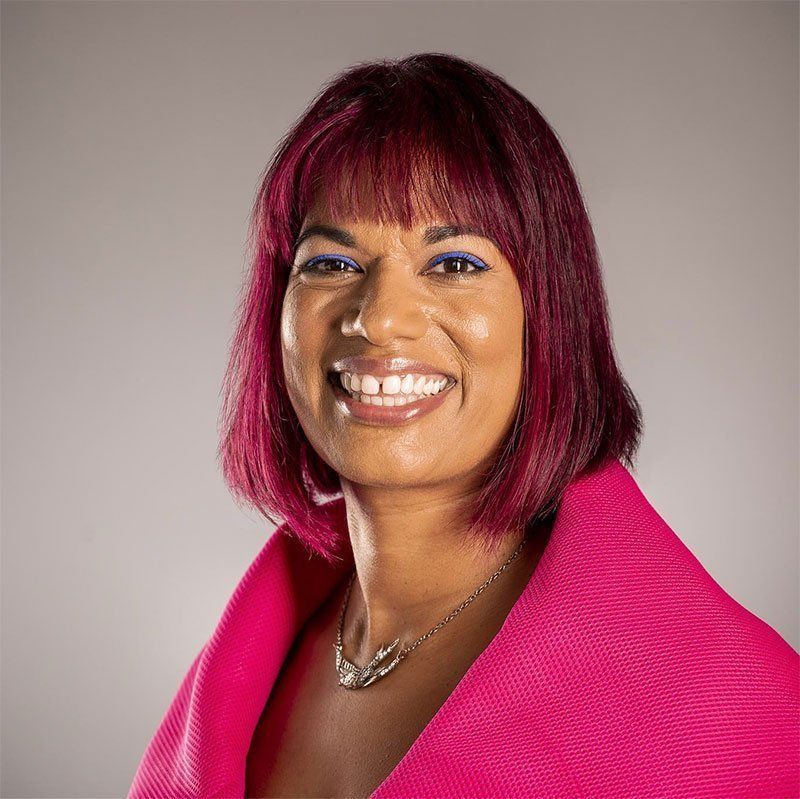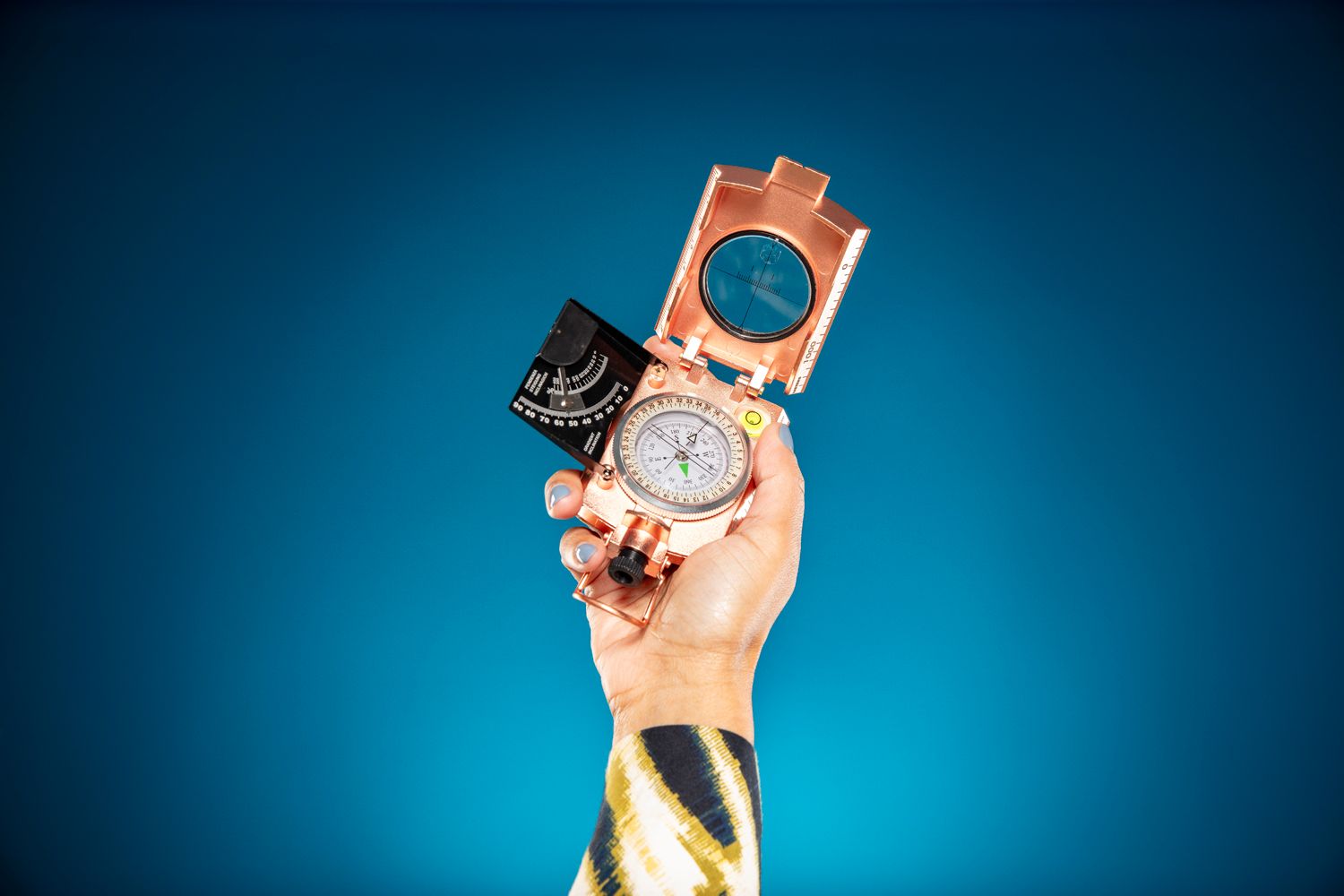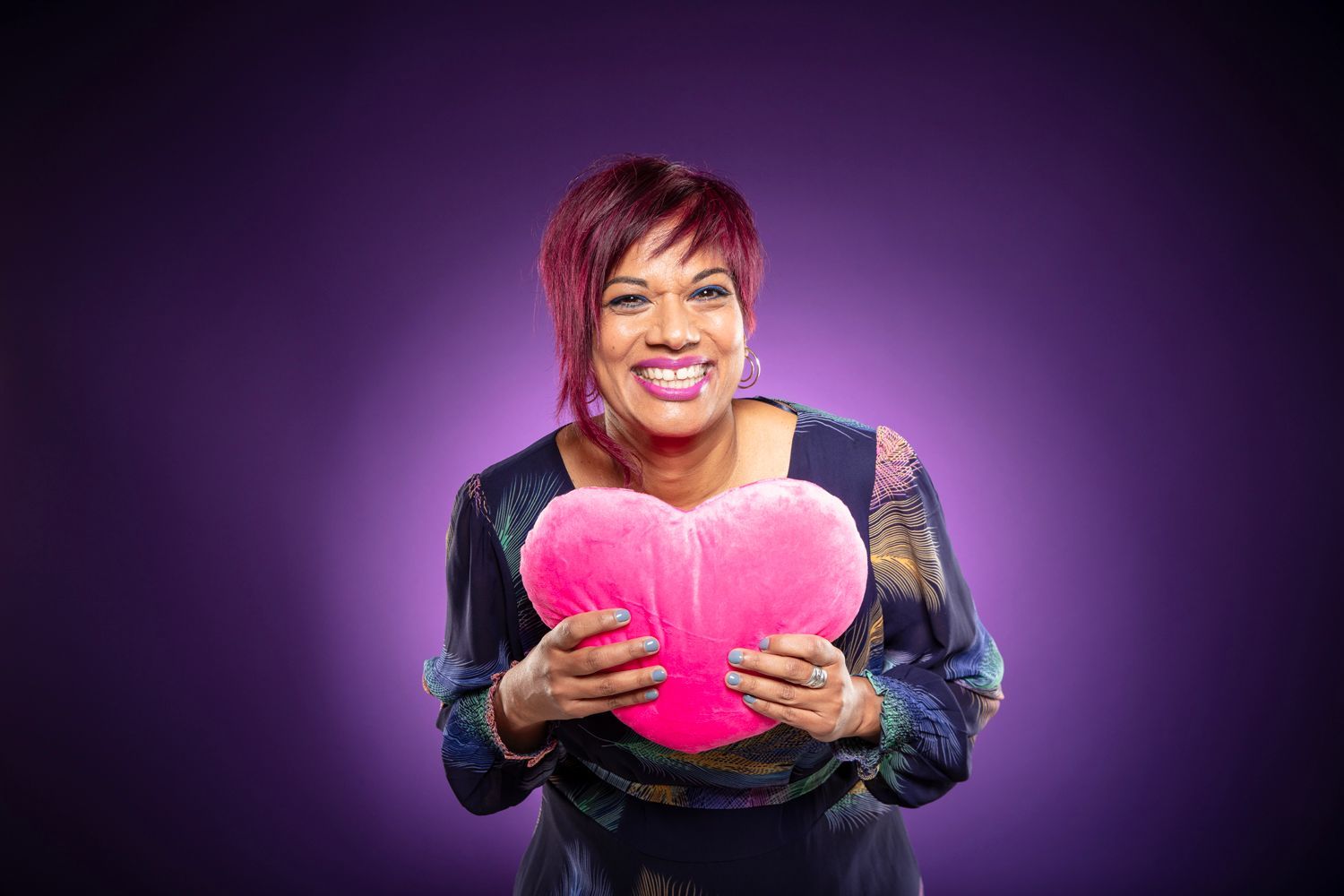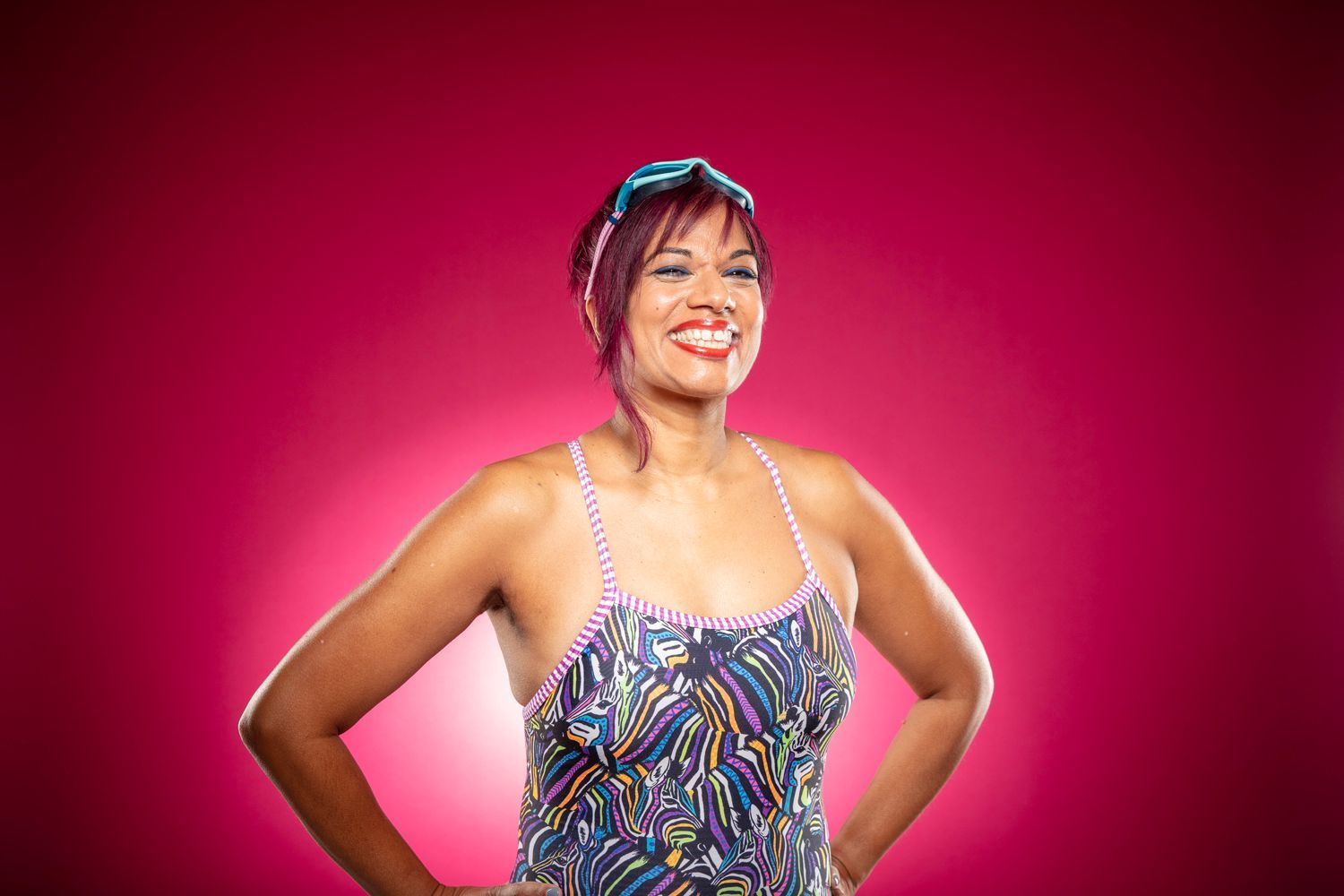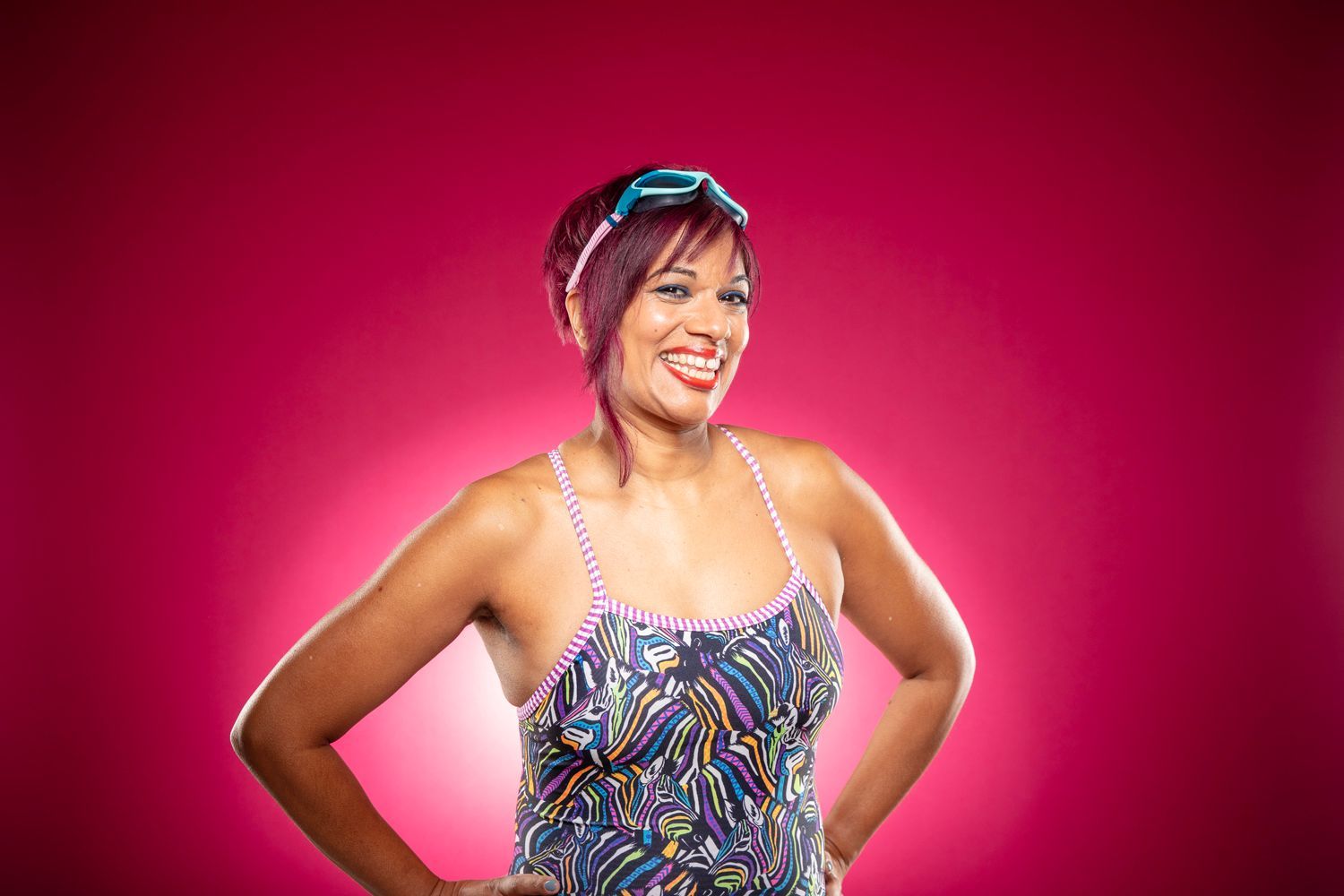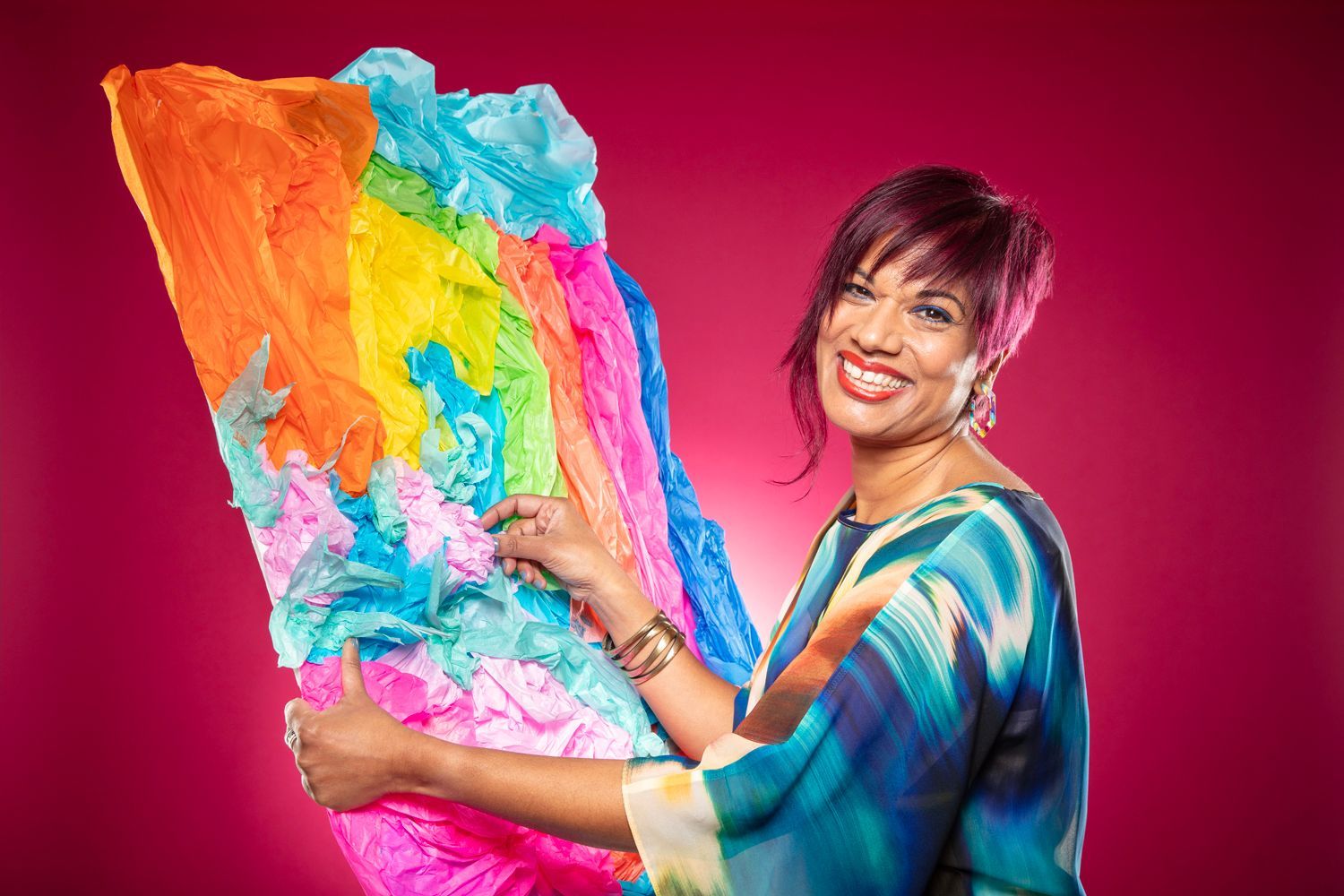by Rosanna Machado
•
16 September 2025
Last Tuesday, I took on my biggest swim to date, swimming from the Principality of Sealand to Felixstowe. I wanted to mark turning 50 with a positive challenge, that would allow me to grow. Why this swim? I have been intrigued by the Principality of Sealand - a micronation on HM Fort Roughs, off the coast of Suffolk. I wanted to challenge myself to do a solo endeavour, take on my single longest distance swim and to train to be able to do it without a wetsuit. It was advertised as 7 miles but ended up being about 9 miles! I signed up in December 2024, giving myself an 8-month training period. And what have I learnt? For something like sport, which I find intimidating, having a long lead time was good for me. I got comfortable with a Personal Trainer, I pushed myself to attend SwimDoctor sessions (still not always loving them), I went on a long-distance swimming week to build confidence and found a group to train with in Dover. Having the time to get into a new scary routine was helpful. It also meant that I had the time to flex training around busy and less busy work periods. I am more resilient than I give myself credit for. In areas of my life where I feel more confident, I recognise my strengths, but sport has felt like a big weakness at school and through my 20s. It has taken me a long time to celebrate what I bring to the swimming. I have learnt that I am quite happy in cold water and that when I set myself a swimming goal, I push myself to do it, despite the fear and discomfort. In fact, I think it’s because of the fear and discomfort, that I am driven to push through! I also know that I enjoy long distance more than trying to sprint so I shouldn’t worry as people whizz past me in a class. My swim was postponed twice and those postponements taught me not to wish away a key milestone. So often we want to tick something off and move on to the next thing, but this was too special to wish it away. I was so nervous the day before my original swim date that I think I got some of the nerves out of my system! By the time my date was finally confirmed, I was more excited than nervous and that felt magical! I thought about coping mechanisms for when things might get tough. I chose a butterfly swimming costume because one mantra that has helped me through training is ‘Let your butterflies fly in formation.’ I channel my nerves to spur me on to do more and accept them as a sign that I care. I learnt to accept what was thrown my way. After 14.5km I was disappointed to learn that I was being swept out and that I would need to get on the boat to be dropped further up the coast to finish the swim (a result of hanging out with too many channel swimmers where this would not be allowed!!) However, I soon made peace with this – there were no rules on this swim to say that this couldn’t happen, and there was so much positivity to celebrate rather than focussing on this. My community has never felt stronger – during the last 8 months, I been supported by swimmers in London, Croatia, Dover and Felixstowe. Friends, family and colleagues have cheered me on endlessly. And the outpouring of love and support (as well as the financial support to charities I am swam for) on the day was truly incredible and overwhelming. It has reminded me that I don’t have to do things on my own. I can share my hopes and fears and the right people will support this. I learnt to enjoy the journey – during my swim, I looked up at the looming Sealand platform, I admired container ships whizzing past, I smiled and joked with my crew, I thought about my Mum, I tried to improve my stroke, and I had a fabulous time. This was a huge difference from previous swims where I have felt amazing afterwards but found the actual swim very challenging and stressful. When things feel hard, we want them to be over, so it was refreshing to lean into it and enjoy every minute of it. I didn’t even realise when I wasn’t moving due to the currents! “Despite choppy waters, I found my way and my stride, and I loved it!” This was me describing a practice swim to my coaching supervisor and she replied saying she thought it was a great metaphor for life! This swim has taught me to be kinder to myself, to believe in myself, to push myself to do things I never thought would be possible, to find the joy in the journey and to shine brighter. It’s not a bad way to start my 50s and I’m looking forward to whatever comes next.

